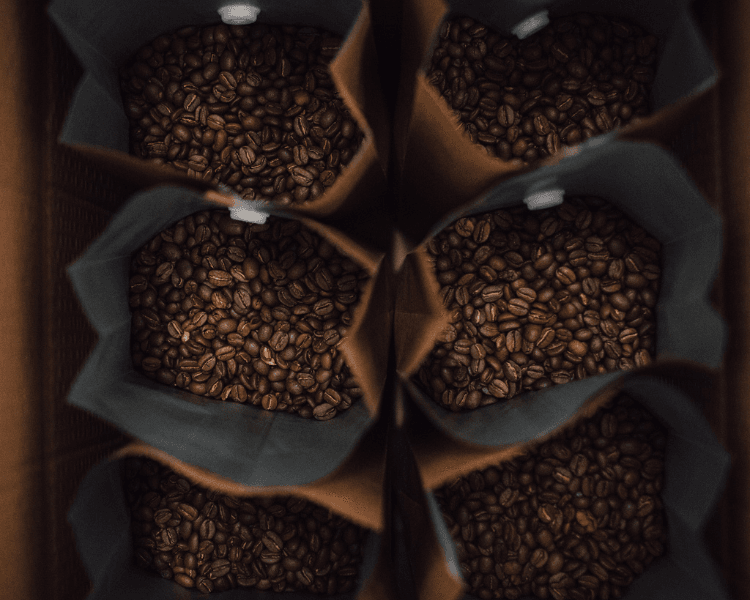
How to Choose the Best Organic Coffee for You
Share
Choosing the best organic coffee for you can be an invigorating yet daunting journey. With countless varieties, roasts, and brands available, how do you ensure that your selection aligns with your taste buds, values, and health needs? Luckily, we’re here to guide you through this aromatic maze, making your selection straightforward and enjoyable!
Understanding Organic Coffee
Organic coffee is made from beans grown without harmful pesticides and synthetic fertilizers. This not only promotes a healthier coffee-drinking experience but also supports sustainable farming practices. By choosing organic, consumers tend to prioritize both their health and the environment, embracing a more ethical lifestyle.
Why Choose Organic Coffee?
The benefits of organic coffee extend beyond its delightful flavor. Here are a few compelling reasons to consider:
- Health Benefits: Organic coffee is generally considered safer as it’s free from chemicals and additives that can disrupt your system.
- Rich Flavor Profile: Many coffee lovers swear by the cleaner taste and subtler flavors achieved through organic farming.
- Environmental Impact: Organic farming methods promote biodiversity and soil health, contributing positively to the environment.
What to Look for in Organic Coffee
With so many options available, here are key factors to consider when selecting the best organic coffee for your palate:
1. Certification
Not all coffees labeled as “organic” are created equal. Look for certifications such as the USDA Organic seal or other reputable organic certifications that guarantee the coffee meets strict farming standards.
2. Roast Type
Decide what roast level resonates with your flavor preferences. Here’s a quick overview:
- Light Roast: Bright acidity with fruity notes.
- Medium Roast: Balanced flavor, acidity, and aroma.
- Dark Roast: Bold flavor with a heavier body and less acidity.
3. Origin
The origin of coffee affects its taste profile immensely. Popular regions include:
- South America: Typically bright and fruity.
- Africa: Known for wine-like and floral notes.
- Asia: Often earthy and full-bodied.
4. Brewing Method
Your brewing method can greatly influence your final cup. Here are some popular methods:
- French Press: Produces a full-bodied flavor with a bit of sediment.
- Pour-Over: Allows for control over brewing time and temperature for nuanced flavors.
- Espresso: Concentrated coffee with a rich crema.
How to Taste Organic Coffee
Before committing to a selection, it’s crucial to taste different coffees. Here are some tips:
- Smell: Inhale the aroma, which can give you a preview of the flavors.
- Sip: Take small sips to let the coffee coat your palate.
- Reflect: Consider what flavors and aromas are most pleasing to you.
Frequently Asked Questions
What is the difference between organic and regular coffee?
Organic coffee is grown without synthetic pesticides and fertilizers, while regular coffee may be treated with chemicals that can affect flavor and health.
How can I brew organic coffee?
You can brew organic coffee using various methods, including French press, pour-over, drip coffee machines, or espresso machines, depending on your taste preferences.
Is organic coffee better for the environment?
Yes, organic coffee production often involves sustainable practices that help preserve the environment, such as crop rotation and the avoidance of harmful chemicals.
How should I store organic coffee?
Store organic coffee in an airtight container in a cool, dark place to maintain its freshness and flavor.
Conclusion
Choosing the best organic coffee involves understanding your preferences, considering key factors, and sampling various options to find your perfect match. With a variety of flavors and benefits, organic coffee invites you to indulge responsibly while savoring every cup.
Ready to discover the delightful world of organic coffee? Explore our exquisite collection of organic coffees today!
